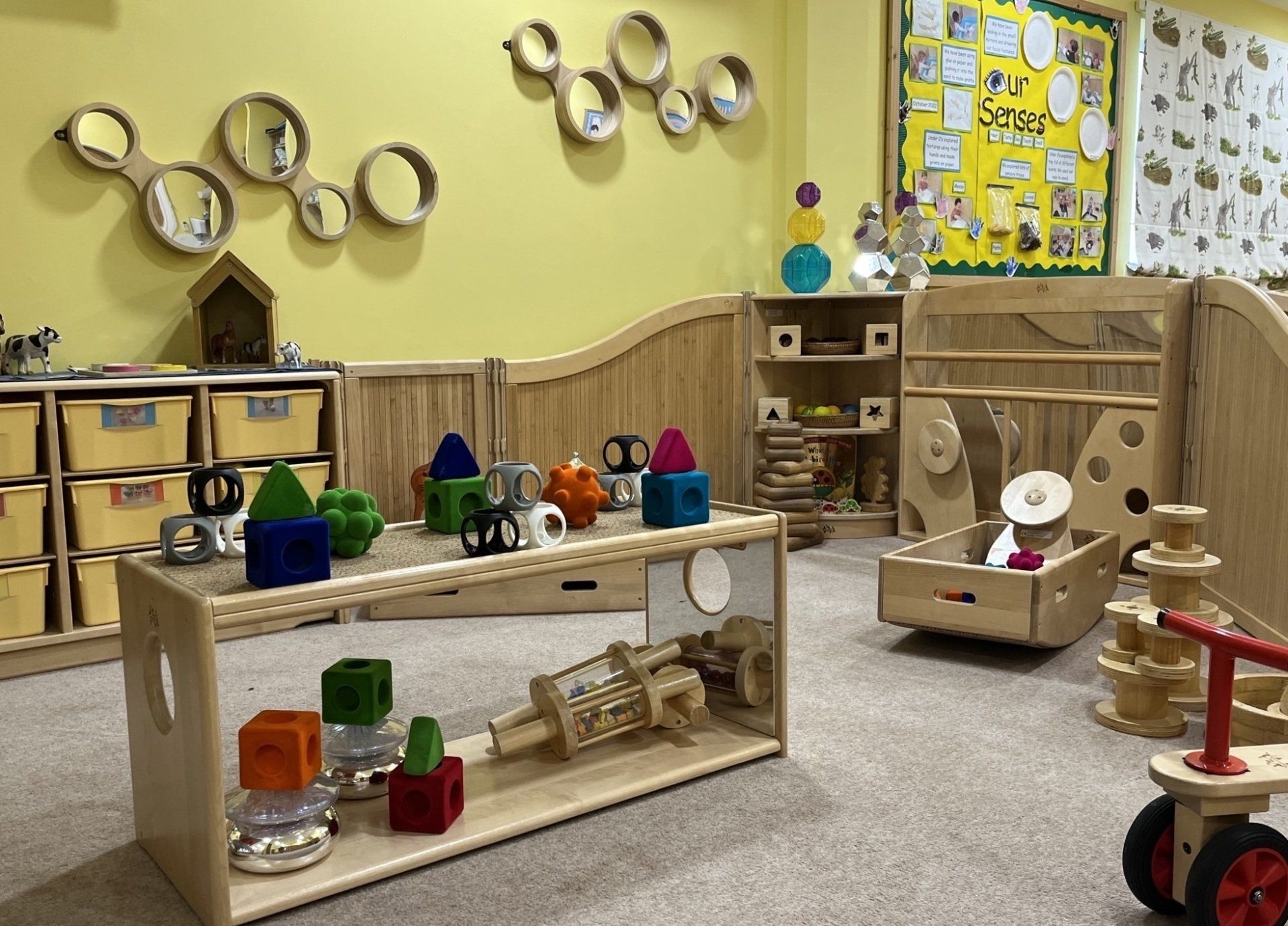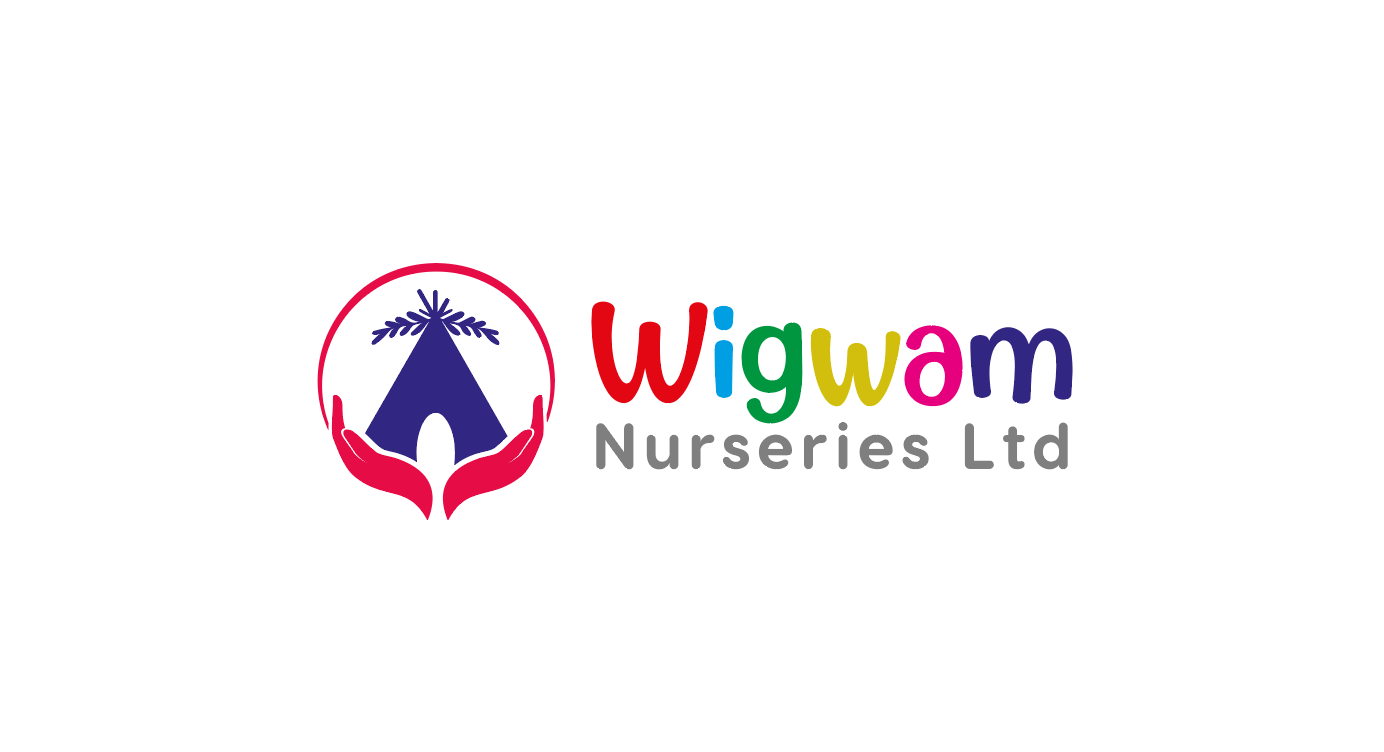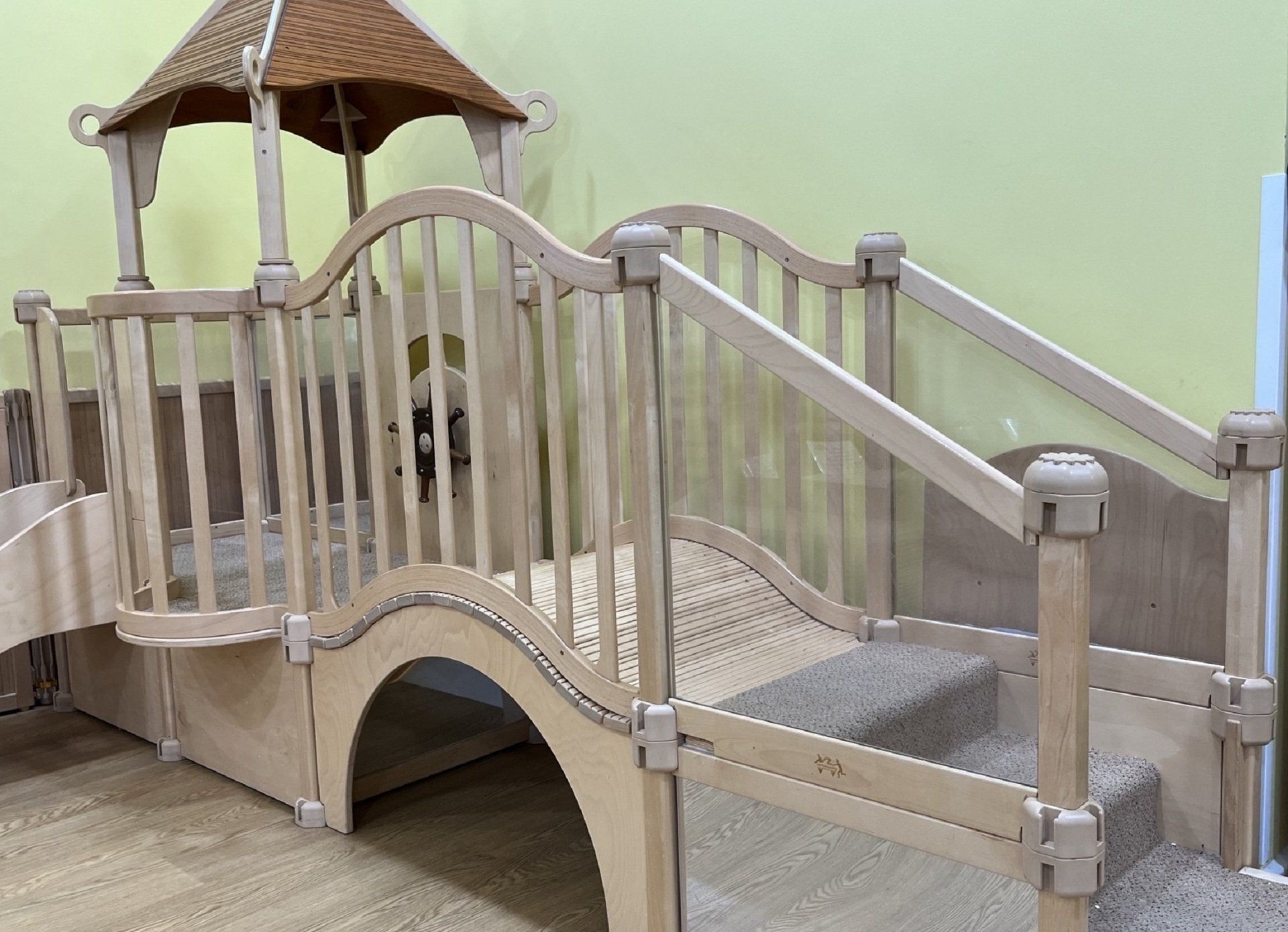
VANTAGE PARK DAY NURSERY
DEVELOPMENT & LEARNING
The Early Years Foundation Stage (EYFS)
The Early Years Foundation Stage (EYFS) is a Government framework that sets out minimum standards of care and learning that all childcare providers are expected to deliver. Its purpose is to ensure that children are provided with a rich learning experience tailored to their individual needs whilst being cared for in a safe and secure environment. The EYFS contains a series of “Early Learning Goals” that set out what most children are expected to achieve by the end of their reception year. These goals are grouped into seven areas of learning:
• Personal, social and emotional development
• Communication, language
• Literacy
• Problem solving, reasoning and numeracy
• Understanding the world and Expressive Arts and Design
• Physical development
• Mathematics
As a nursery, we continually observe, listen to and assess the children in our care. This enables us to record their achievements in each of the six areas of learning and then to plan activities and provide resources that will extend each individual child’s learning and development.
Contrary to some comments in the press, the EYFS is not a curriculum for young children – it is simply a guide to help childcare practitioners provide effective learning opportunities that are adapted to the needs of each child. Please click on the links on the left of this page for some examples of how the EYFS is used in practice with the different age groups of children that we care for.
Babies
Even when they are only a few months old, babies are beginning to learn about their environment and to develop the basic intellectual, physical and social skills that they will rely on in later life. We provide a safe and caring environment that is rich in colour, sound, movement and touch for the children to explore and in which they can begin to develop their mobility.
The children enjoy sensory and tactile experiences such as playing with paints and water, exploring a variety of natural objects in a “treasure basket” or simply enjoying a book and a cuddle with one of the carers.
We work with you to adapt to the way you care for your baby at home, so that feeding, nappy changes and sleeping all take place at times to suit your baby’s individual routine. Our staff will prepare milk bottles according to your instructions and gradually introduce freshly-prepared, organic foods when your baby is ready. We use eco-friendly nappies that are designed to be kind to your baby’s delicate skin. Everything we do is designed to give your child the best possible standard of care.

Toddlers
From the age of around 18 months, the children’s day becomes a little more structured, with a balance between child-initiated play and adult-led learning. Every activity is a learning opportunity – sorting shapes and sizes introduces early mathematics, enjoying rhymes, singing and music encourages language development and painting, mark making and messy play stimulate creativity.
Mealtimes are a particularly good source of learning. All the children are encouraged to sit down together and serve themselves, placing an early emphasis on social graces and table manners. We help the children to develop healthy eating habits by providing delicious fresh meals with a wide variety of organic vegetables, meat and fish.
We work closely with you to help with toilet training and begin to teach the children to take responsibility for their own personal hygiene by emphasising the importance of hand washing.
Pre-School
The emphasis in our pre-school is on teaching the fundamental skills that children will need to succeed at school, including reading, writing and numeracy. We employ Qualified Teachers who work as part of the pre-school staff team to extend each child’s learning and prepare them for a successful transition to school.
We provide a rich and varied programme of activities. These include emergent writing, mathematics, reading, information technology, role play, construction and many others.
Each child has an “Achievement Folder” in which we record their progress in each area of learning. These help us to identify individual development needs and to plan activities designed to address these. You are always very welcome to see your child’s records and to discuss them with the staff team at any time. Also, we hold formal parents’ evenings twice a year so that you have an opportunity to discuss your child’s progress and achievements in more detail.
Our aim is to help the children in our care to approach a major change in their lives – starting school – with the confidence, skills and enthusiasm for learning that will give them a valuable and enduring head start.


9 Vantage Park, Washingley Road, Huntingdon, PE29 6SR Telephone: 01480 700580
Email:
vpdn@wigwamnurseries.co.uk
